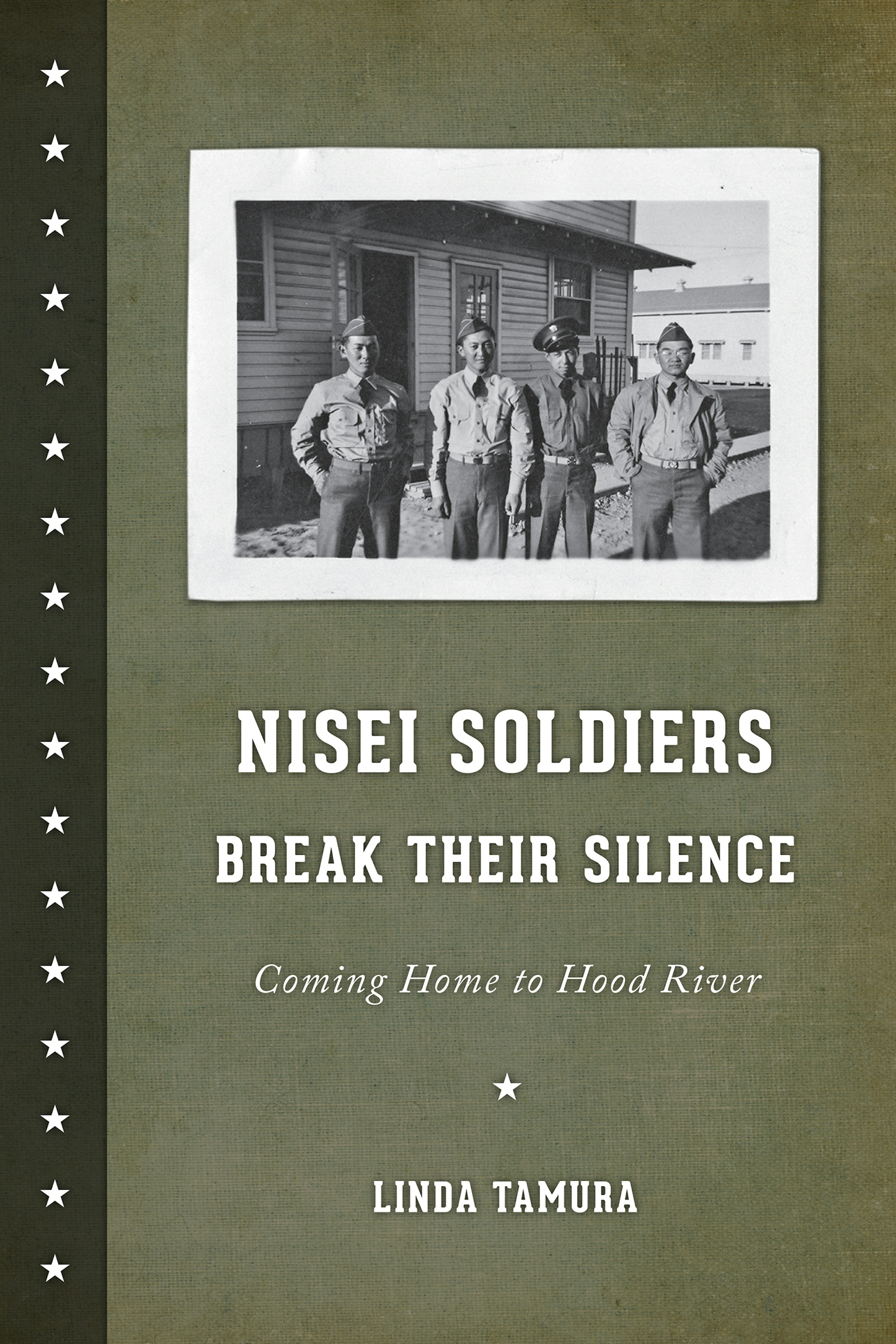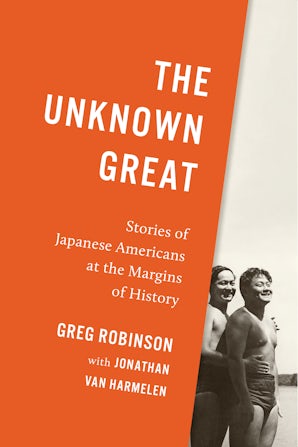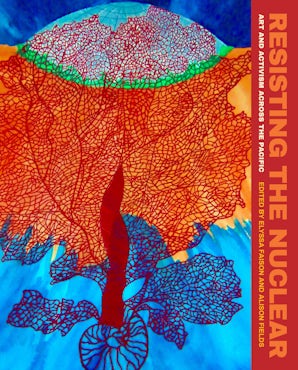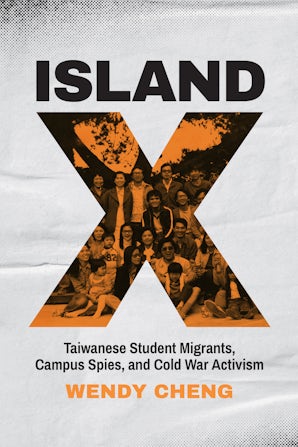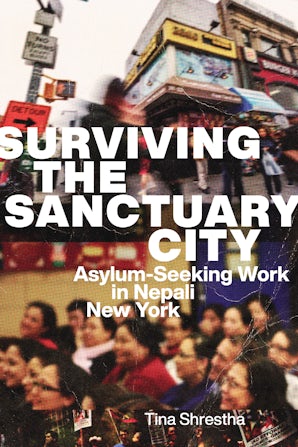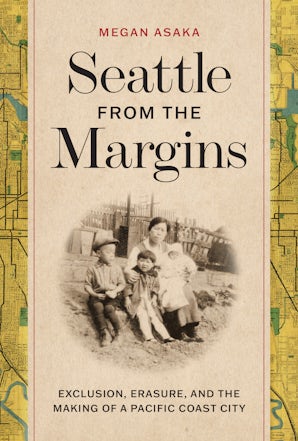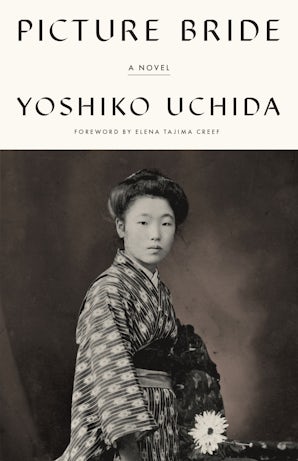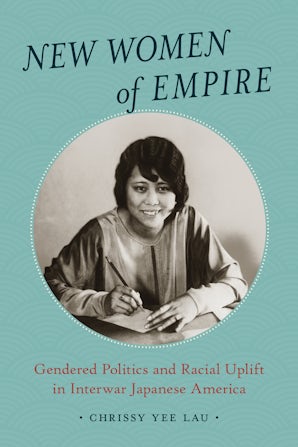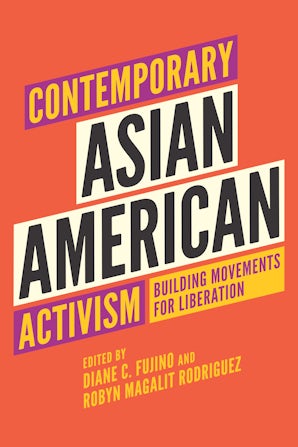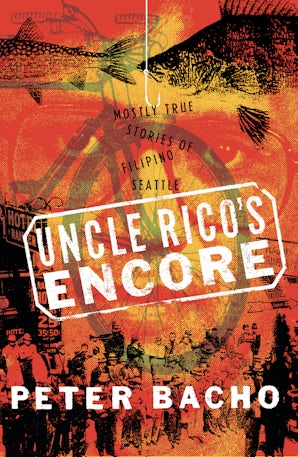"Nisei Soldiers touches deeply into America's reckoning with race and bigotry and deserves a wide reading. The author offers a persuasive and compelling account of the treatment of Japanese Americans in peace and wartime."
-
William G. Robbins, Oregon Historical Quarterly
"Tamura’s Nisei Soldiers is an interesting, solidly researched, and well-written piece of history, one that fills a gap in the literature on the American war experience."
-
Thomas Saylor, Oral History Review
". . . an excellent history of the Hood River Nisei who served during WW II. Her book is backed by all of the expected (and nicely utilized) sources . . . what helps to distinguish the book as unique are the multitude of rare interviews . . . Highly recommended."
-
Choice
"An important book about a shameful era in the history of the Columbia gorge. . . . Tamura uses interviews and newly uncovered documents to tell a shocking story."
-
Jeff Baker, The Oregonian
"Tamura has done well to write this book, which strikes a blow at historical amnesia and resonates in Puget Sound country."
-
Mike Dillon, City Living
"This important chronicle of the community's wartime contributions interweaves fact and anecdote . . . Tamura provides an engaging outlet for a hidden voice . . ."
-
Publishers Weekly
"Linda Tamura’s revelatory community history, Nisei Soldiers, exposes the racism experienced by Japanese American soldiers from Hood River, Oregon during World War II and the postwar years. . . .Her poignant case study fills a necessary gap in the social history of Japanese American postwar resettlement."
-
Melanie English, Pacific Northwest Quarterly,
"A superb read, an excellent source of Northwest social history, and a welcome addition to the literature on Japanese internment."
-
Eric Cunningham, Columbia
"Nisei Soldiers Break Their Silence is a much-needed account of a crucial period in Japanese American history. . . . Linda Tamura's clearly written, discerning, and engaging book deserves careful study by both specialists and general readers interested in Japanese Americans' contributions during and after the Second World War."
-
Brian Casserly, Michigan War Studies Review
